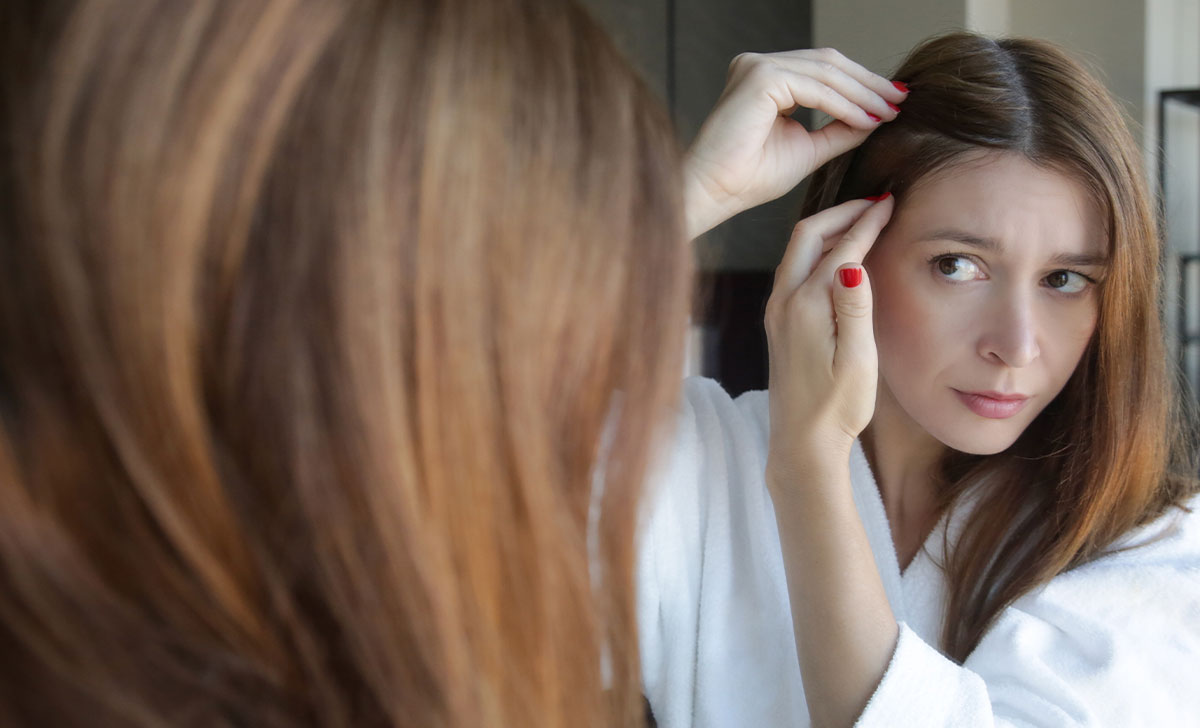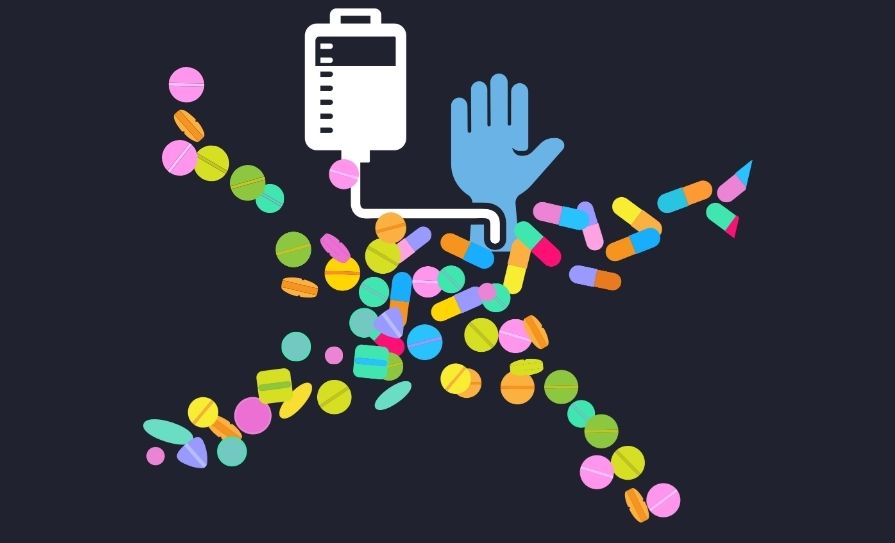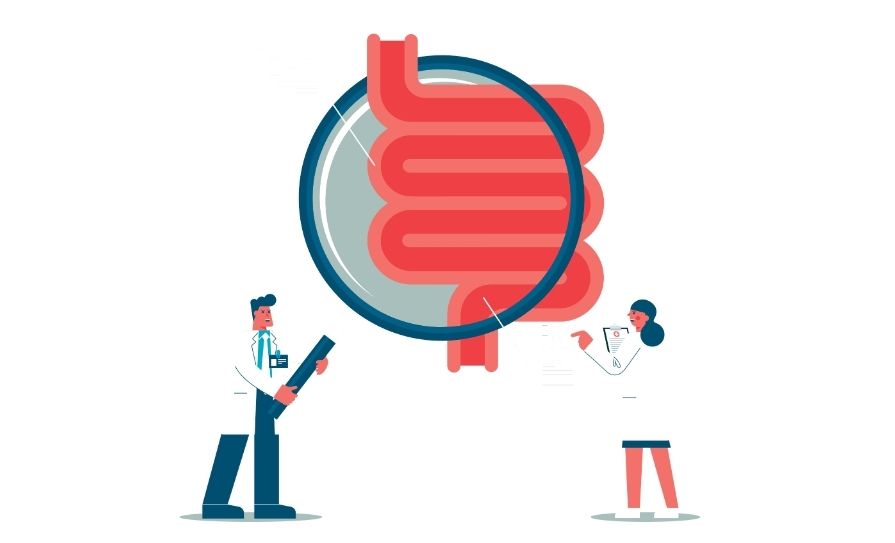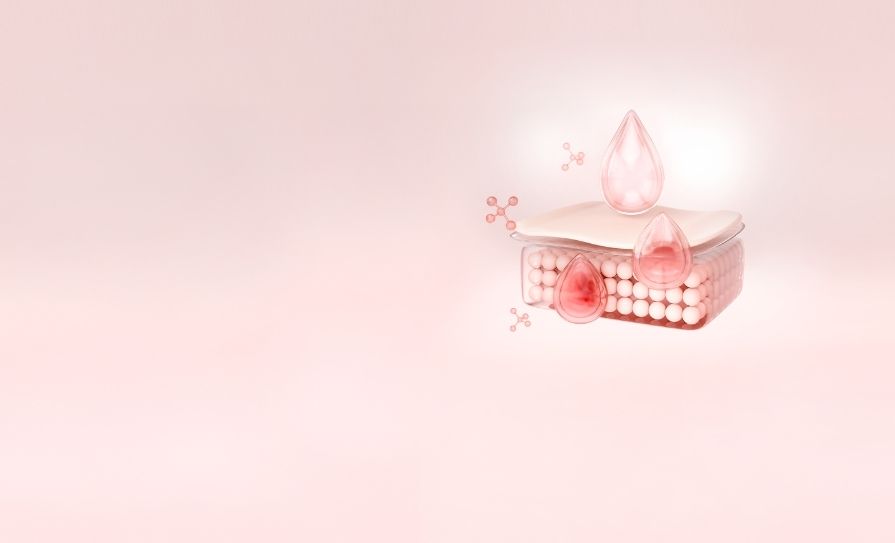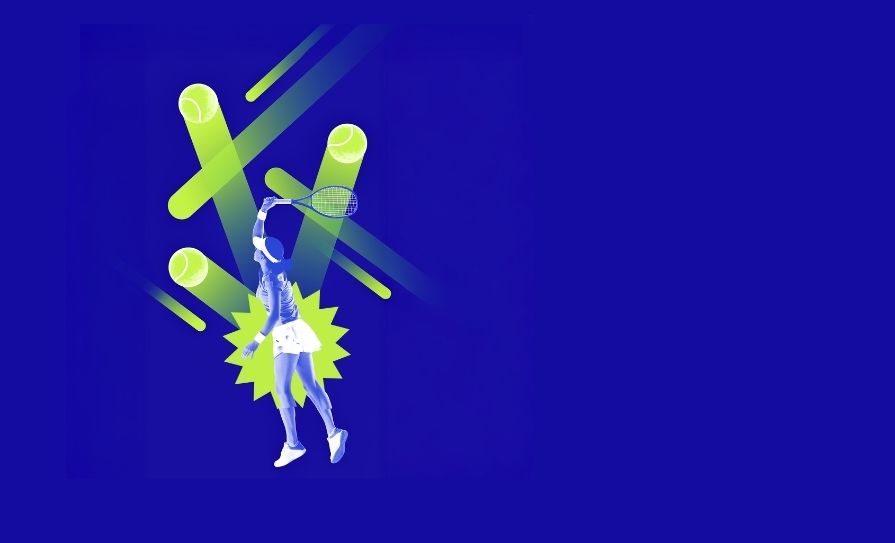Writing For Irish Pharmacist, Trichologist Deborah Whelan Mit Discusses Itchy And Irritated Scalp And The Common Cause
Scalp disorders are frequently referred to as dandruff, but sometimes the cause of an itchy or irritated scalp is more serious. Trichology is the science and study of the hair and scalp. Trichologists are experts in scalp health and are trained to diagnose and treat scalp diseases and alopecia.
As well as hair loss, scalp disorders, ranging from dandruff (Pityriasis capitis) to more inflammatory conditions, occupy much of a trichologist’s time. These problems can be inherited and they can also be a result of stressful situations, poor diet or allergies to certain foods. Cold and dry winter winds, high indoor heating, hot baths and showers can exacerbate these complaints.
As well as disrupting sleep and concentration, an irritated, itchy scalp can be the cause of ear and eye infections and face inflammation. Some severe scalp diseases can cause scarring alopecia. ECZEMA About 10 per cent of people suffer from eczema, a skin and scalp condition that can be inherited or triggered by a reaction.
Eczema, derived from the Greek word ekzein, meaning ‘to boil over or break out’, is among the most common scalp complaints. It can cause severe scalp itching and irritation. Although there is no cure for eczema, many treatments can keep it under control.
Emollients, hydrating topical scalp treatments and light therapy are the main remedies. People experiencing scalp irritation will often head to their local pharmacy to ask, ‘what shampoo should I use?’ and ‘how often should I wash my hair?’ Answers tend to vary considerably, but a trichologist will usually advise that daily shampooing with a mild shampoo (preferably one that has a pH between 4 and 6 on the pH scale) is best.
The daily removal of excess sebum (scalp oil), dirt, dead skin cells and residue of hair-styling products is important to scalp health. Where people can go wrong is having the water too hot when shampooing, rubbing their hair or scalp too vigorously, or not shampooing at all. ‘NO POO’ ‘No poo’ is a fairly recent term for cleaning the hair without the use of commercial shampoos, but for those who have scalp complaints which involve itching, irritation, excess oil secretion, ie, seborrhoea or seborrhoeic eczema/dermatitis, this may exacerbate their symptoms. Most people with a flaky, sensitive, itchy scalp will complain that they have a dry scalp. In reality, the opposite is usually the case. Dry scalps are not as common as oily scalps. A lack of sebum on the scalp is more unusual. Most complaints involving dandruff and flaky scalp conditions seen by trichologists are seborrhoeic (oily).
WHAT IS DANDRUFF?
Dandruff is the most widespread problem of the scalp. There are two basic forms of dandruff. The first is characterised by the formation of fine, white or greyish loose scales which leave the scalp easily. These flakes are often seen on the shoulders of a person wearing dark clothing. This most simple form of dandruff is seen on the scalp as dry flakes which, because they come away from the scalp so easily, do not build up to become thick scale. The second and more common form is greasier and the scales tend to stick to the scalp, where they build-up to form what may become a thick scaly cap on the scalp. The colour of the scale in this type of dandruff is usually more yellowish, because sebum has been steadily absorbed by the scale. This form of dandruff can lead to worse scalp problems, such as dermatitis. Irritation of the scalp is a common accompaniment to dandruff and often leads to an increase in the quantity of flakes falling onto clothing as the scalp is scratched in an attempt to relieve the irritation.
WHAT CAUSES DANDRUFF?
Dandruff is caused by skin cells forming too quickly. Normally, it takes about 28 days for the cells which have formed at the base of the epidermis to move through the skin and to reach the surface. At the surface these skin cells, which are now dead, come away when we wash, touch, or scratch our scalp. In cases of dandruff, the speed at which these cells pass through the epidermis is much faster than normal, taking around 12-to-15 days rather than the usual 28. This increase in dead skin cells results in the formation of scale on the surface of the scalp. When this occurs, the level of bacteria (which is naturally present on our skin) increases, causing inflammation. This inflammation may cause a further acceleration in the mitosis of skin cells, worsening the irritation. Subsequent rubbing, scratching, heat, hot water and the use of harsh, medicated shampoos can lead to a steadily worsening condition and longterm symptoms from an ongoing problem.


HARSH SHAMPOOS
Many OTC anti-dandruff shampoos are harsh and can actually worsen scalp problems. This is because the skin cells underneath the dandruff flakes are sensitive to the strong chemicals used in these shampoos and react to them by producing more dead skin cells to form a protective layer to act as a barrier to the chemicals. If the scalp is still itching, it is better to push or rock the (cleaner) knuckles into the scalp than to touch the scalp with the fingers or fingernails.
Gradually, the scalp will heal and the itching will fade. Lowlevel laser therapy (LLLT) is frequently used by trichologists to treat scalp conditions that cause hair loss. More serious scalp disorders can cause very significant and sometimes permanent hair loss. Contact dermatitis, Pityriasis amiantacea and frontal fibrosing alopecia (FFA) are scalp diseases which can cause extensive alopecia (see Image 2).
SUNSCREEN
Some studies have suggested a link between this condition and sunscreen. Up to two decades ago, this condition was rarely seen in trichology clinics. From 1992 to 2005, I managed one of the busiest clinics in Manchester and rarely saw this condition. I now see this very serious and irreversible condition several times a week.
TREATING DANDRUFF SUCCESSFULLY GENERALLY REQUIRES FOUR THINGS TO HAPPEN:
- 1. Clear the accumulated dead skin cells, ideally with a trichological scalp treatment cream or a gentle desquamating scalp masque.
- 2. Control the level of bacteria on the scalp.
- 3. Calm the inflammation on the scalp using a mild trichological treatment shampoo or a soothing antimitotic and antipruritic shampoo.
- 4. Avoid heating, rubbing, touching or scratching the scalp.
Deborah Whelan MIT is a Registered and Certified Trichologist. She has been a member of The Institute of Trichologists (London) since 1992. Deborah has been based in Galway since 2005 but she also holds clinics in Dublin. www.trichologist.ie, email: info@ trichologist.ie, or phone: 091 565148.
